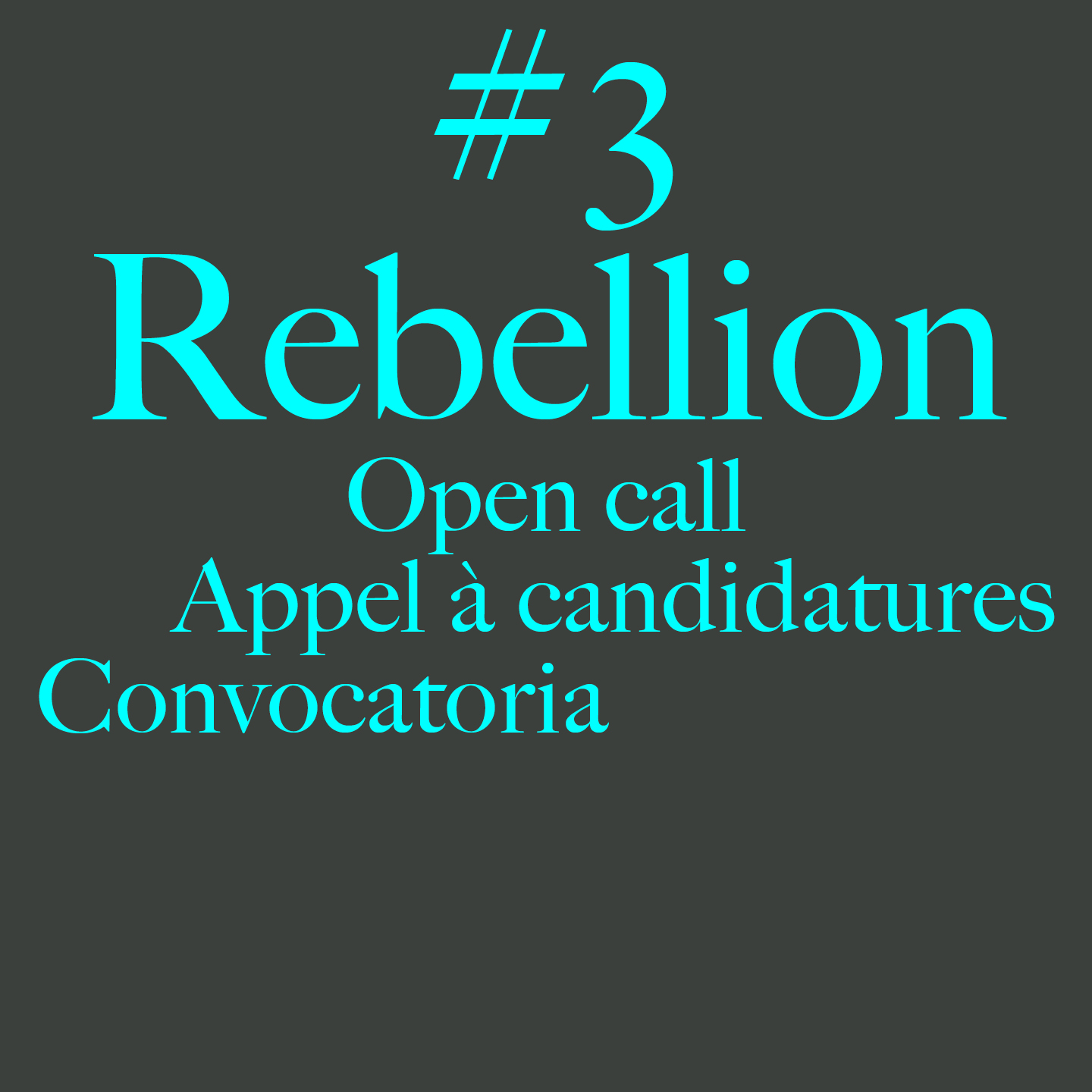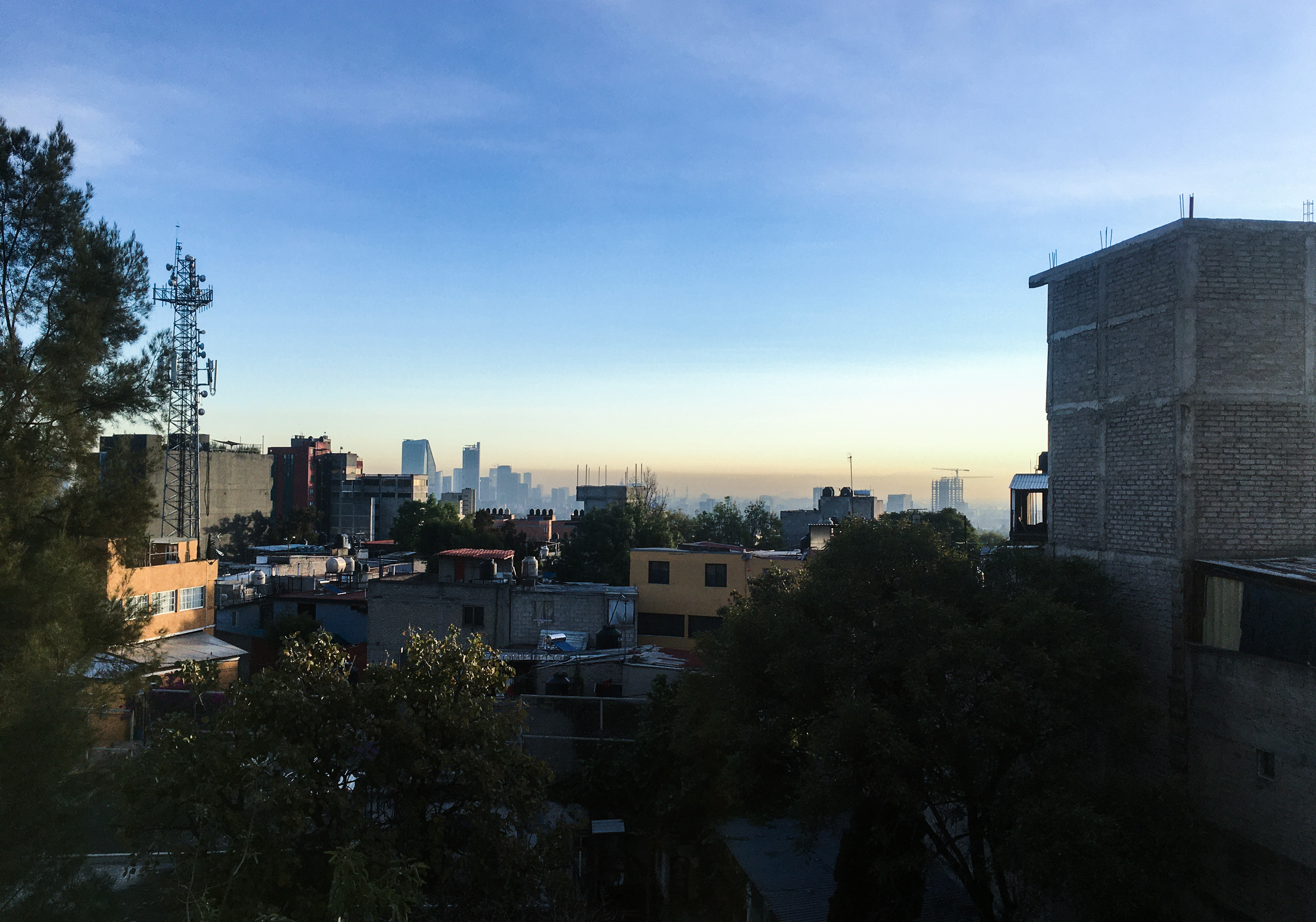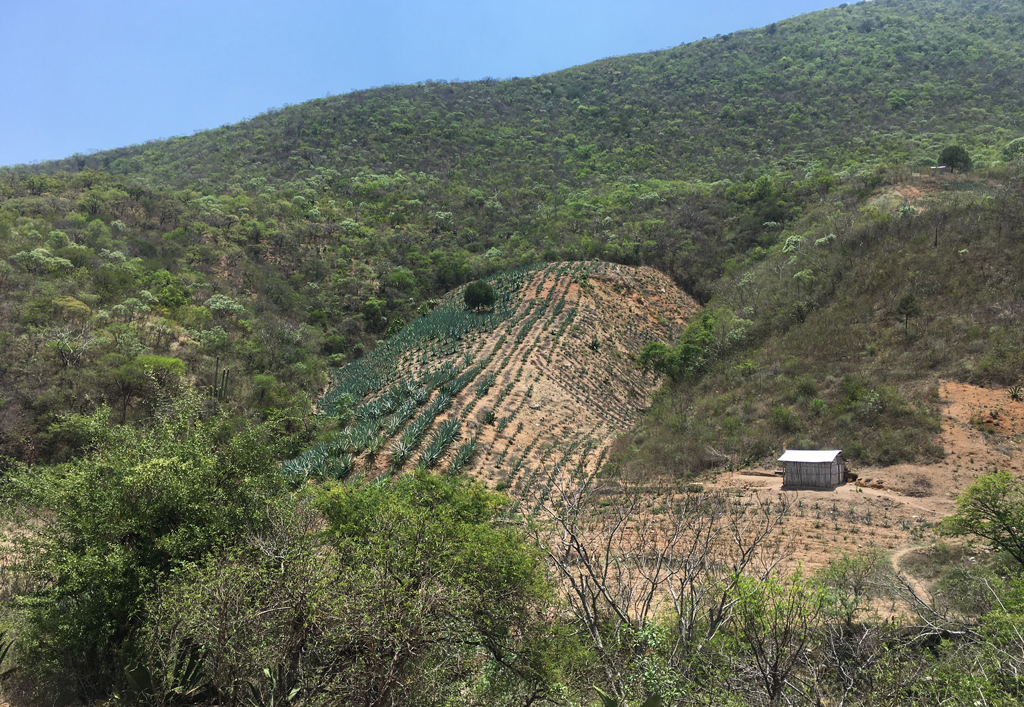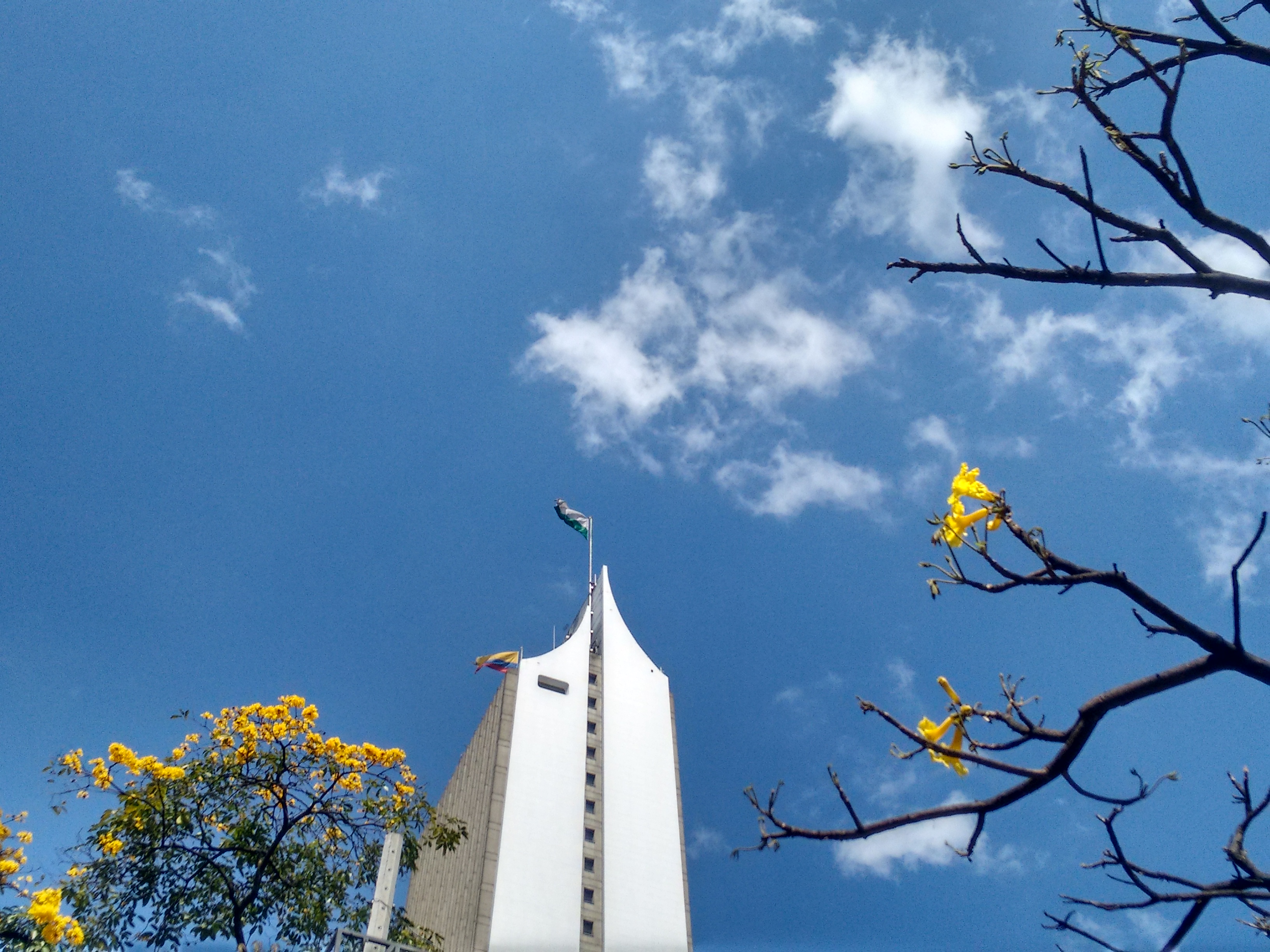Between More of Us / Blog
Questions to the promise of modernity
How can we return to a model where growth, acceleration or innovations occur as reactions to changes in the environment rather than imperatives?
Degrowth, ReviewToday, one of the defining characteristics of society is that it is stabilised through economic growth, technological acceleration or higher rates of innovation. The need for these three aspects is linked to the logic of capitalist production and competition but undoubtedly extends far beyond the economic sphere.
So far it seems that all this is quite alien to us, that these introductory statements that are made describe the system but have nothing to do with us. But the truth is that this logic known as dynamic stabilisation is very attractive: having more, moving faster, seeing more of the world, and so on. This is linked to the promise of increasing our individual and collective reach; or rather, to having more and more qualities and quantities available, accessible. Here scaling, control and increase sound like harsh words, but thinking of examples of this such as creating a telescope to look further afield or buying another book that opens up the world to us, perhaps sounds much more desirable.
This illusion of increasing our physical, material and social scope does not arise from any perverse desire, but is anchored in the hope that we can find something that resonates with our lives: a fulfilling job, a home where we feel safe, a film that moves us. The problem is, then, that we mistake the means with the ends; that is, we think the end is having a lot available: subscribing to Spotify where we find millions of songs or opening Netflix where there are thousands of films and series. The point is: do we have time to listen to or watch them all, to assimilate them, to reflect on them?
So the question that arises here is: will this logic of incrementalism, innovation and acceleration lead us to a better relationship with the world? It doesn’t seem so, especially when it becomes an end in itself.
The movement of the world drives us to systematically push the boundaries, to increase what can be known or attainable, to transgress into the as-yet-unknown, to go faster and faster. And this applies to describe our relationships with nature, but also with ourselves, driven by performance. The truth is that all this seems to lead to what the sociologist Hartmut Rosa has called alienation, which consists of a disturbance in the relationship of the human being to the “environment”, to the social world and also to himself.
This results in mute relations with the world, i.e., it leads us to regard things–and even human beings–as mere resources or instruments, which makes it almost impossible to have non-reified relations; indifferent and disengaged instead. Moreover, this same desire to be able to open up the world, to make it more legible, is the same desire that has led us to destroy and endanger nature, to impoverish it, to pollute it. So this has even happened to our own lives. A phenomenon such as burn out (as a symptom of alienation) and high rates of stress and exhaustion (which continue to increase) are also seen in the individual when the relationship with the world and with oneself only tends to increase.
Now, what frightens us about this is that it seems there is no alternative; that without permanent growth, acceleration and innovation, the world as we know it could not be sustained: jobs would be lost, companies would close and incomes would decline. But also maintaining this logic leads to another reaction of nature that affects us equally or worse and shows itself in tsunamis and earthquakes, landslides and river floods or droughts, viruses and bacteria that are resistant to our medicines.
The other question here is what to do about all this? One of the answers to counteract this cold and almost pathological relationship with the world is outlined by Hartmut Rosa when he proposes the idea of resonance, as the possibility of having kind and responsive relationships with the world through emotion, that is, through feeling touched and affected by the world and through affection–understood as the ability to believe in our own capacities to also mobilise a segment of life or someone else.
This requires the hope of believing that another world is possible, or rather, that we can build another relationship with the world we inhabit, sustain utopia, question our orientation towards competition and scope, and question the means and ends with which we orient our lives. Rosa, on the other hand, believes that it is possible to return to a model of dynamic stabilisation where growth, acceleration or innovations occur but as reactions to changes in the environment and not as imperatives. Here, then, the ultimate question will be: how to achieve this?, is collapse inevitable for transformation?, how to gradually begin to integrate kinder relations with the world? Without a doubt, for change to happen, a collective conviction of this necessity is necessary.
* This text is presented as a review of the ideas put forward by the sociologist Hartmut Rosa in the article “Dynamic Stabilization, the Triple A. Approach to the Good Life, and the Resonance Conception”, published in Questions de communication 31 (2017), 437-456.





